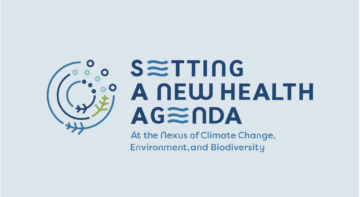News

The Grantham Centre for Sustainable Futures and Sheffield Institute for International Development are co-hosting a special guest lecture by Sir Peter Gluckman, Chair, International Network for Government Science Advice (INGSA) and Chief Science Advisor to the Prime Minister of New Zealand. The lecture shall be held on 19 October 2017 at Lecture Theatre 7, The Diamond Leavygreave Road, Sheffield, United Kingdom.
Successful delivery of the UN’s Global Goals by 2030 will require action at every level of government, business and civil society. The research community has a crucial role to play in providing evidence, expertise and data to underpin, inform, measure and monitor the implementation of the seventeen Sustainable Development Goals (SDGs). But processes of translation from evidence into policy are far from straightforward. In many countries, evidence and expertise is sought with growing urgency across a proliferating array of policy questions. At the same time, in an era of “post-truth’ politics, its legitimacy has rarely been so contested.
An increasing diversity of governments are now establishing formal science advisory mechanisms within their own domestic systems. By contrast, the UN and the international system as a whole is lagging in providing effective leadership for scientific input to policy. Unless science advisory systems at the international level are coherently and appropriately linked to national science advisory systems, progress against key SDGs will be slowed.
Looking towards 2030, communities of research, policy and practice are now focusing on questions of how to improve the provision, communication and application of evidence and data to SDG policy and implementation. Perspectives from the natural sciences and engineering are being enriched and complicated by a deeper understanding of public values and cognitive biases from social and behavioural sciences. And there are intensifying debates about the accuracy, validity, politics and purposes of development data.
In this special lecture, Sir Peter Gluckman will draw on his near-decade’s experience as Chief Science Advisor to the Prime Minister of New Zealand, and role as Chair of INGSA, to outline how science, research and evidence can be most effectively harnessed to advance the Global Goals.
AFIDEP’s Diana Warira will be attending this lecture. You can join the conversation on Twitter: #gcsf2030
This article was originally posted here.
Related Posts





